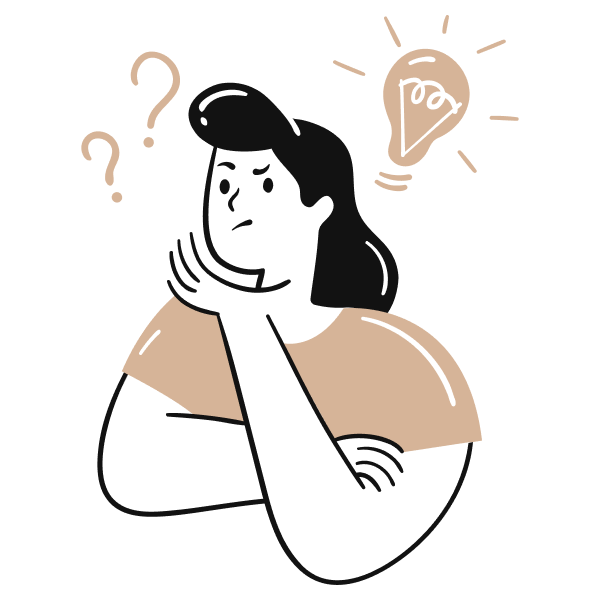There are several types of anxiety disorders. They can be distinguished by the different characteristics of each type. For example, the intensity of the anxiety symptoms, the underlying triggers and the duration of these symptoms; these are all factors that differ for each type of anxiety disorder. Read more about the 9 types of anxiety disorders.
What are the different types of anxiety disorders – what anxiety disorder do I have?
How do you know which symptoms belong to which type of anxiety disorder?
These are 9 types of anxiety disorders and their symptoms:
- Generalized anxiety disorder (GAD)
If you suffer from GAD, you experience brooding worries about things that might or might not happen. You’re in a constant state of nervous tension. This is a very common type of anxiety disorder. - Agoraphobia
Agoraphobia means having a fear of certain places and situations, for example going to the grocery store. This location triggers feelings of dread, even if you don’t know exactly why. - Panic disorder
If you have panic disorder, you’ll frequently experience sudden panic attacks that quickly disappear. You might experience them, for example, when riding on public transport. You’ll experience anxiety and fear of losing control. - Social anxiety disorder
Social anxiety disorder means you have difficulty interacting with others. You’re afraid of what other people might think. A common form of social anxiety is fear of failure. - Obsessive-compulsive disorder (OCD)
People with OCD have to respond to certain urges or experience repetitive thoughts they can’t break. For example, you might have to keep checking that you’ve locked the door. - Post-traumatic stress disorder (PTSD)
This anxiety disorder occurs in response to a traumatic event. You’re struggling to process the fear you felt at the time. This leads to stress and anxiety. - Illness anxiety disorder (hypochondria)
Excessive anxiety about having or getting a serious condition. - Body Dysmorphic Disorder (BDD)
Body Dysmorphic Disorder (BDD) is a mental disorder in which you worry excessively about your physical appearance. You often focus on specific features or body parts that you think are flawed or unattractive. - Specific phobia
With a specific phobia, you are specifically afraid of objects, animals or situations.
Help
Do you have persistent anxiety symptoms? Then it might be a good idea to speak to your physician or a psychologist. A psychologist can help you to manage your anxiety disorder.
-
Do you have questions about treatments? Call us on +31207717996 and we will immediately give you personal advice and help creating a treatment plan.
Jacqueline has extensive experience with different types of anxiety disorders. During treatment, Jacqueline works with you to find the underlying patterns that maintain your anxiety symptoms and to find a way to control the anxiety.


 Nederlands
Nederlands




